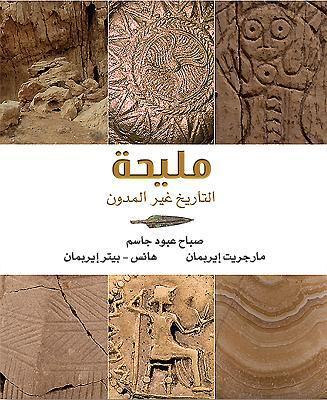
Futuh Al-habashah: Or The Conquest Of Abyssinia...
작성자
Shih B. Al-d N. A. Mad Ibn
아직 평점이 없습니다
History
형식
페이퍼백
페이지
70
언어
아라비아어
출판됨
Oct 26, 2012
출판사
Saraswati Press
ISBN-10
1286879957
ISBN-13
9781286879955
설명
This work delves into the historical events surrounding the conquest of Abyssinia, offering a comprehensive account of the military campaigns and cultural interactions of the time. The author provides a vivid portrayal of the landscapes, battles, and the people involved, weaving a narrative that blends historical facts with the rich tapestry of cultural influences. Readers are transported to the heart of Abyssinia, experiencing the tensions and triumphs of the era as seen through the eyes of those who lived it.
Through meticulous research and thoughtful reflection, the author uncovers the complexities of the political climate and the motivations driving each faction. The dynamics between rival powers are explored, revealing how they shaped the region's history. The text invites readers to examine not only the events of the conquest but also the profound cultural exchanges that followed, enriching the understanding of Abyssinia's legacy in a broader historical context.
The writing style engages with its poetic resonance and evocative imagery, capturing the essence of the struggles and aspirations of the people. As readers navigate through the pages, they gain insights into the intricate tapestry of identity, power, and resilience that characterized Abyssinia during this transformative period. Each chapter unfolds like a historical epic, bringing to life the narratives of warriors, leaders, and ordinary citizens intertwined in a significant chapter of history.
Through meticulous research and thoughtful reflection, the author uncovers the complexities of the political climate and the motivations driving each faction. The dynamics between rival powers are explored, revealing how they shaped the region's history. The text invites readers to examine not only the events of the conquest but also the profound cultural exchanges that followed, enriching the understanding of Abyssinia's legacy in a broader historical context.
The writing style engages with its poetic resonance and evocative imagery, capturing the essence of the struggles and aspirations of the people. As readers navigate through the pages, they gain insights into the intricate tapestry of identity, power, and resilience that characterized Abyssinia during this transformative period. Each chapter unfolds like a historical epic, bringing to life the narratives of warriors, leaders, and ordinary citizens intertwined in a significant chapter of history.



















